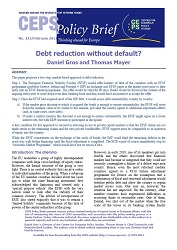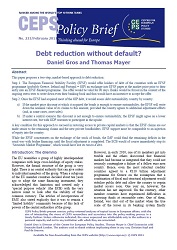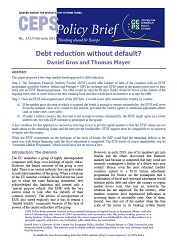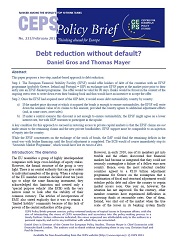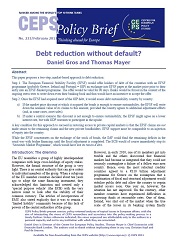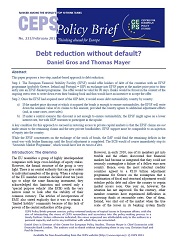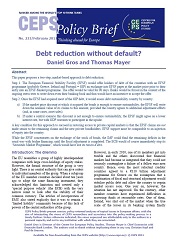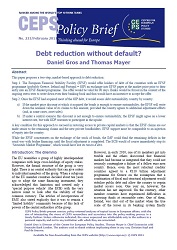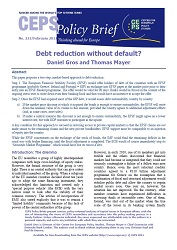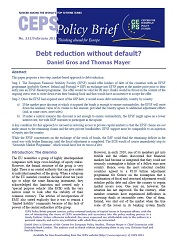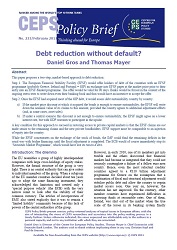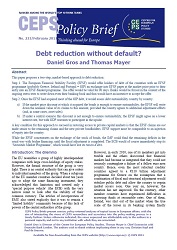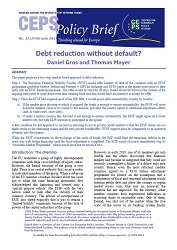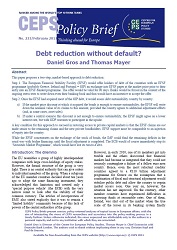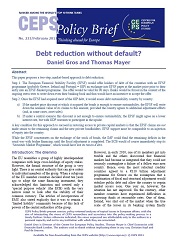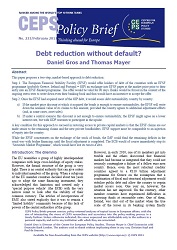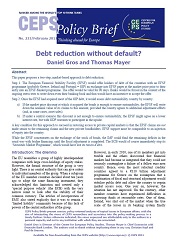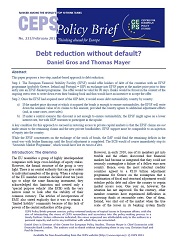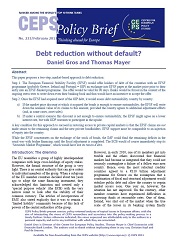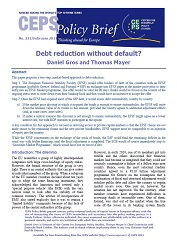
№217. The European Council Summit and the Political Economics of the EMU Crisis
№217. The European Council Summit and the Political Economics of the EMU Crisis
Keywords: European Council Summit; Political Economics; EMU Crisis;
Roger Ailes, a former advisor to Ronald Reagan ,recalls in his book an intriguing practice of the ancient Romans: when they finished building a bridge or an arch, they enforced accountability by placing the engineer in charge beneath the construction when the scaffolding was removed. If the edifice did not hold, he was the first to know. We do not follow such drastic practices these days in Europe, but with some European economies shaking and the Greek sovereign debt crisis still not over, the architecture of the euro area has been certainly come under severe stress. Unfortunately, the 28-29 October2010 European Council Summit has not made this architecture much safer.
More...
